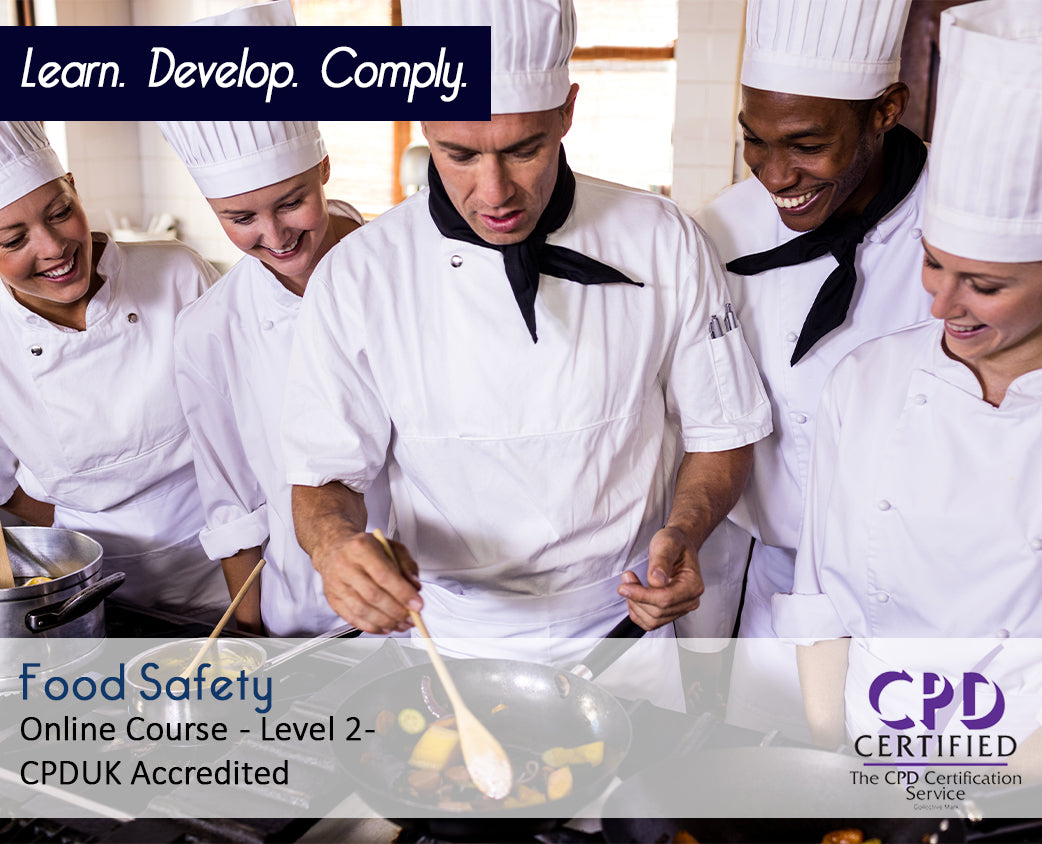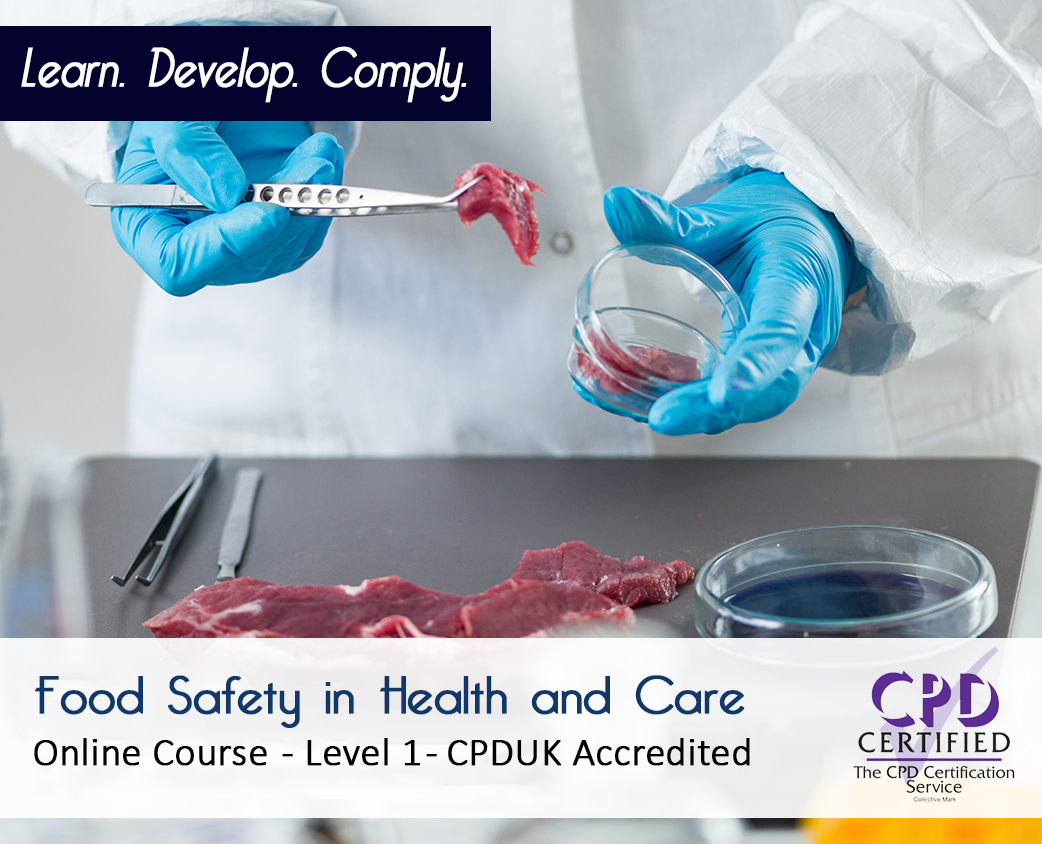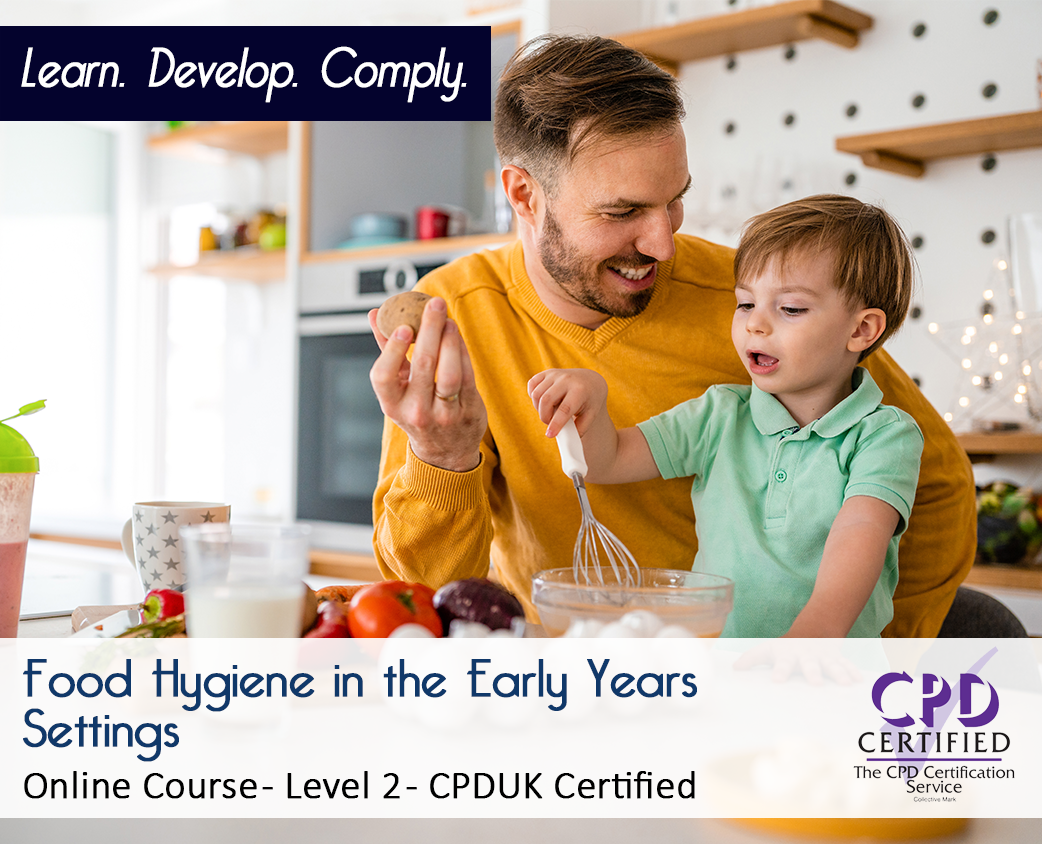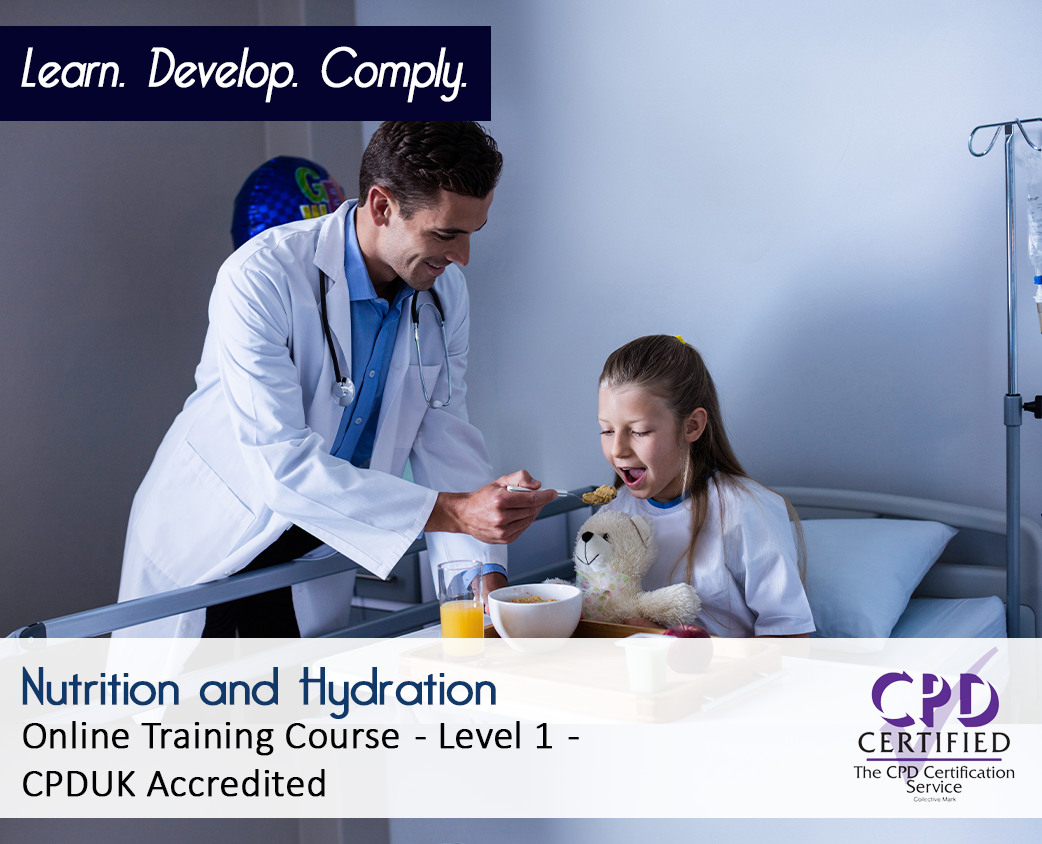You have no items in your shopping basket.
Mon - Fri 9AM - 5PM
024 7610 0090
You have no items in your shopping basket.
You have no items in your shopping basket.
Learn the essential principles of food hygiene, safety regulations, and best practices to prevent foodborne illnesses and enhance your expertise in maintaining the highest standards of food safety with these CPD-certified courses.





| Product | Price | Quantity | Options | |||||
|---|---|---|---|---|---|---|---|---|
| Features |
| Availability: |
| Price |
| Options |
| Actions |
